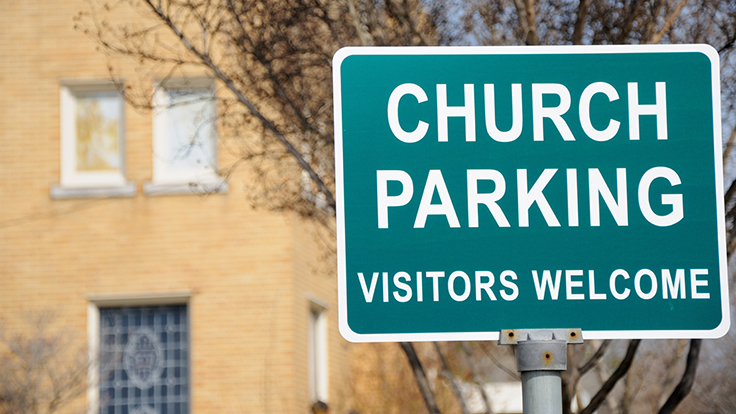
Recently, Congress passed the Taxpayer Certainty and Disaster Tax Relief Act of 2019, which was part of the Further Consolidated Appropriations Act, 2020.
The act amends several sections of the Internal Revenue Code – including a significant change to Section 512(a), which defines “unrelated business taxable income.” Specifically, the act removes Section 512(a)(7).
As you may recall, that subsection was added by the Tax Cuts and Jobs Act of 2017 and potentially required United Methodist entities to increase their unrelated business taxable income by amounts spent on providing parking to their employees.
Importantly, the change applies retroactively, with the result that it is as if Section 512(a)(7) was never added to the Internal Revenue Code. Thus, in addition to United Methodist entities no longer having to pay any taxes tied to the provision of parking to their employees, the act also opens the door to obtaining refunds of taxes already paid pursuant to Section 512(a)(7).
The General Council on Finance and Administration anticipates the IRS will release guidance on how to obtain refunds of any Section 512(a)(7) taxes that have already been paid. GCFA will provide an update if such guidance is made available.
Section 512(a)(7) potentially created tax liability for nonprofits beyond simply the provision of parking, such as costs relating to transit passes, qualified bicycle commuting, and access to on-premises athletic facilities. For the vast majority of United Methodist entities, however, the provision of parking to employees has been the most likely way by which Section 512(a)(7) would create tax liability.
